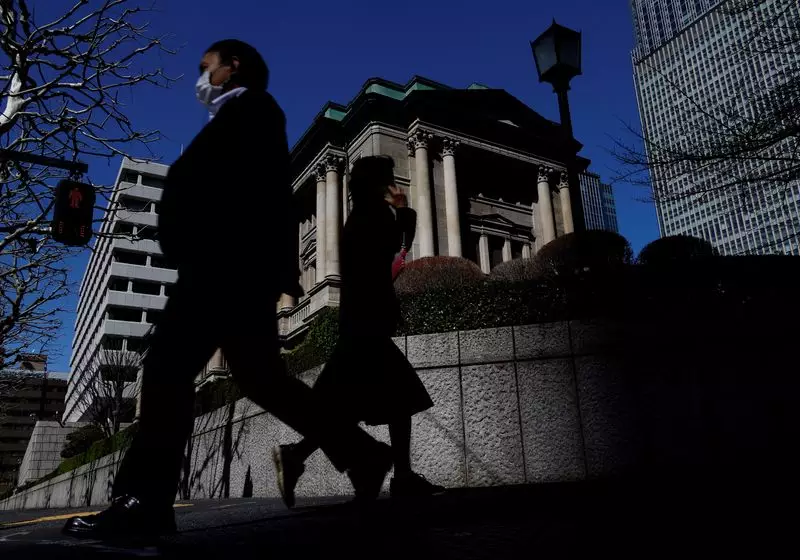In an era marked by growing environmental concerns, central banks are under increasing pressure to adapt their monetary policies to address the implications of climate change. Recently, Kazuo Ueda, the Governor of the Bank of Japan (BOJ), articulated the institution’s commitment to maintaining its 2% inflation target amidst these challenges. This statement underscores the complex interplay between environmental sustainability and economic stability.
Ueda acknowledged that climate change could lead to long-term economic shocks that might disrupt traditional inflation dynamics. At a recent conference in Basel, he emphasized the BOJ’s vigilance in monitoring how such environmental factors, coupled with government initiatives aimed at promoting a green transition, could influence public inflation expectations. The challenge lies not only in predicting these potential shocks but also in determining how the central bank can navigate these uncertainties without compromising its primary inflation goal.
The Japanese government’s ambitious green transition strategy includes substantial fiscal support for environmentally sustainable technologies, amounting to 20 trillion yen over the next decade. Although this investment is vital for modernizing Japan’s economy, it may inadvertently lead to short-term inflationary pressures. Ueda noted that while the BOJ is prepared to tolerate some inflation stemming from these transitional policies, underlying inflation currently remains below the targeted 2%. This presents a scenario where the government’s green initiatives could complicate the BOJ’s efforts to maintain stable inflation levels.
Looking ahead, the introduction of a carbon tax appears imminent as part of Japan’s strategy to combat climate change. Ueda indicated that the anticipated carbon pricing mechanisms would likely influence inflation expectations. As businesses adjust to these new costs, the ripple effects could extend through the economy, thereby altering consumer behavior and purchasing power. This prospect creates a daunting challenge for the BOJ, as incorrect predictions about inflation can lead to misalignment of monetary policy with the real economy.
This discussion on inflation is not occurring in isolation; rather, it is part of a broader dialogue about how financial institutions can advocate for sustainable practices. The joint conference, co-hosted by significant global financial entities, reflects a growing acknowledgment that economic strategies must integrate environmental considerations. The Bank of Japan’s proactive stance serves as a model for other countries grappling with similar dilemmas, demonstrating the necessity for central banks to adapt in an increasingly ecologically-minded world.
Japan’s central bank faces a critical intersection of climate change and monetary policy. Governor Ueda’s cautious optimism regarding maintaining the inflation target signals the need for ongoing adaptation and vigilance. By balancing the realities of climate shocks with proactive monetary strategies, the BOJ aims to ensure economic stability while fostering a green transition. Ultimately, the outcomes of these policies will not only shape Japan’s economic landscape but may also set precedents for global monetary policy in the face of environmental challenges.


Leave a Reply